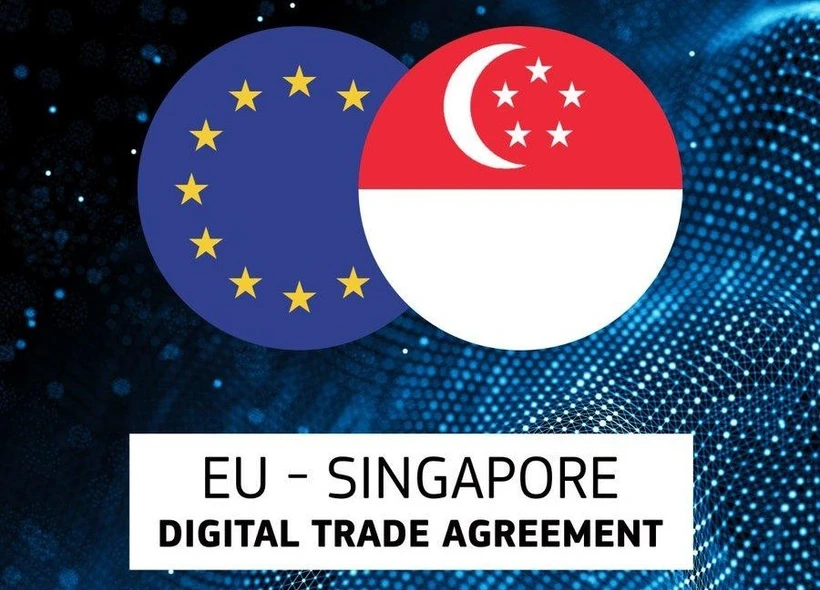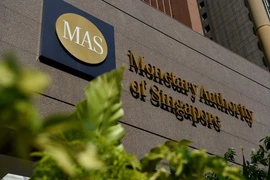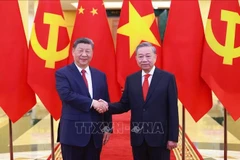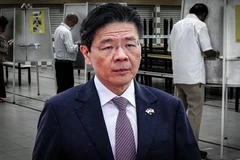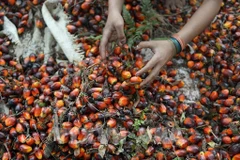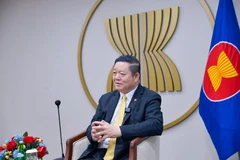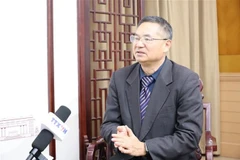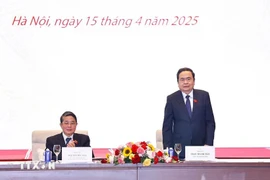Brussels (VNA) - The Council of the European Union on April 14 officially approved the decision to sign the Digital Trade Agreement (DTA) with Singapore, and showed initial back to the decision on the agreement’s conclusion, subject to the European Parliament’s approval.
The DTA complements the 2019 EU-Singapore Free Trade Agreement, with ambitious and binding commitments on digital trade.
The new agreement will enhance consumer protection online, provide legal certainty for businesses, ensure trusted data flows, and address unjustified barriers to digital trade, in line with the Union’s digital trade policy.
The policy aims to boost the Union’s digital transformation and reinforce its economic security. The agreement fully respects EU rules on data protection.
The signing of the agreement will take place at a later stage. After the signature both sides will have to ratify the agreement. In the case of the EU, the European Parliament’s consent is necessary before the Council can adopt the decision on the conclusion of the agreement.
The EU has a key interest in digital trade. In 2022, 55% of total EU trade in services was digitally delivered, representing 670 billion EUR (763.34 billion USD) of imports and 661 billion EUR of exports from outside the EU. This includes telecommunication services, computer and information services, and other services that are typically delivered digitally.
Negotiations for a comprehensive bilateral trade and investment agreement with Singapore began in 2010 and were completed in 2017. The negotiations resulted in a Free Trade Agreement (FTA) and an Investment Protection Agreement (IPA).
On 25 July 2024, the EU and Singapore also concluded negotiations on a Digital Trade Agreement./.
